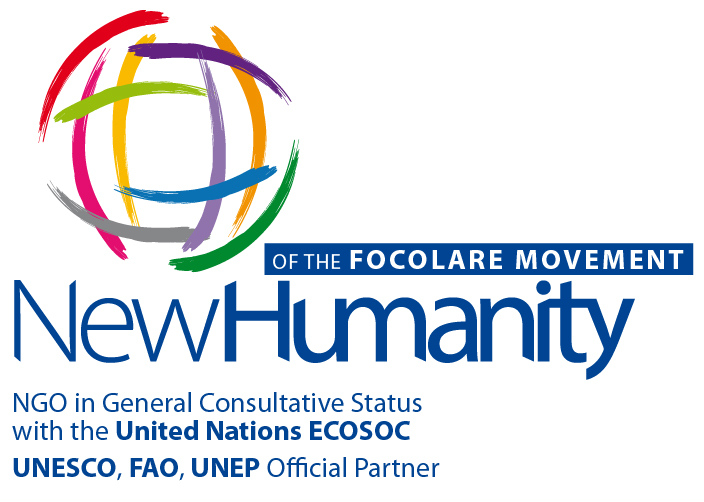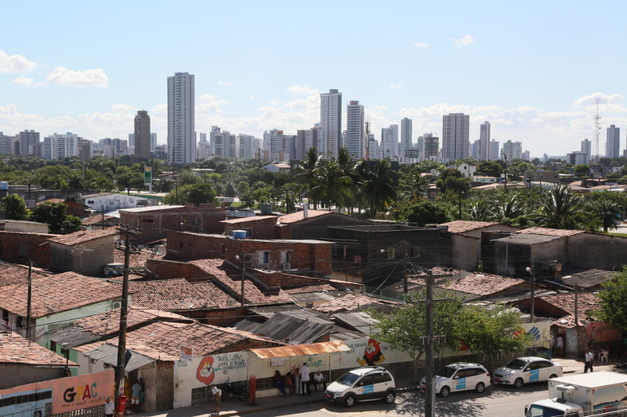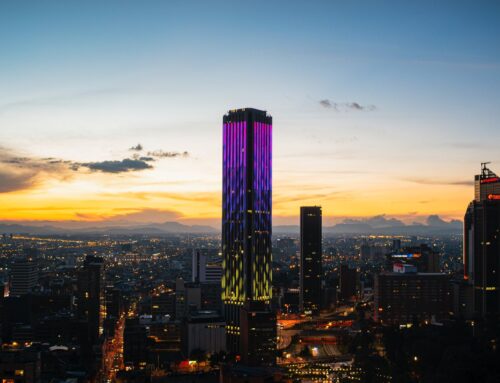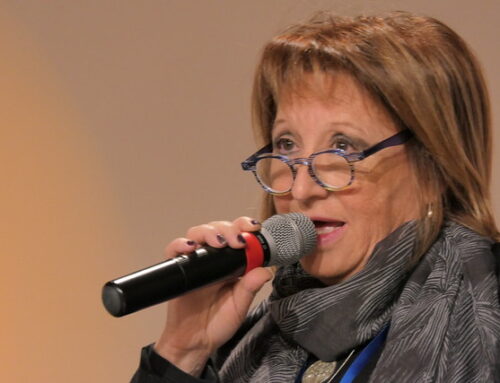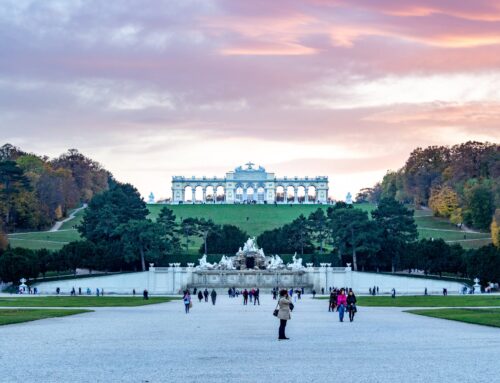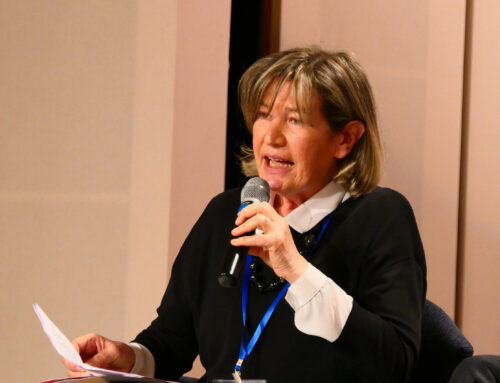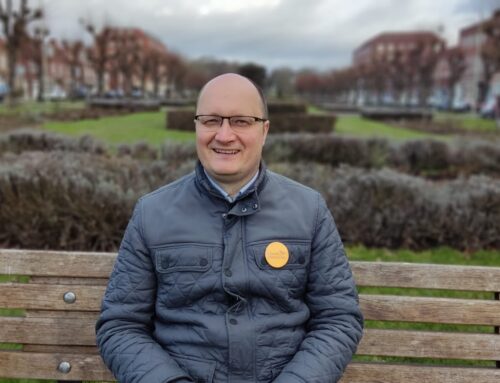Johnson da Silva Pinto, Recife, Brazil
What led me to engagement in politics on Santa Terezinha Island? My experience began when I realized that I could be of help to my community not only by getting a glass of water or a piece of bread for my neighbors, but by working so that everyone in my neighborhood has clean water in their homes, everyone has a job. But this cannot be done by working alone. So that is when I started to be part of the neighborhood association. And with time I also agreed to participate as delegate for the Participatory Budgeting of the city of Recife. I also began to think about the interests of surrounding neighborhoods, the city as a whole, the common good…
Politics is a challenge, and since I have made this spirit of togetherness my own, I seek out collaboration between people with different ways of thinking. One learns that every conflict is an opportunity for dialogue, to build a relationship. In the electoral campaign, for example, I found myself with a colleague from another community who was harassing me; she wanted to be elected at all costs and for this reason she had a tactic to always attack me. We both wound up being elected. I started to help her, for example in the Participatory Budget Forum, given that she had no experience yet. Sometimes she would go to present a request, and clash with others. I explained to her that there were other ways of working. Little by little we built a relationship and she thanked me. But it was not something easy; at times you might want to go into confrontation, or you might want to give up on everything, but then, knowing that someone had faith in us and voted for us, you feel the urge to continue. It often happens that, while planning a certain action for our neighborhood, we discover that a nearby neighborhood has bigger problems than our own: that is the moment to also vote to support someone else’s interest… and we see that we all gain. We need to build bridges, not barriers. This is, perhaps, the reason for so many wars we see around us. In a democracy, the majority wins, and that is fair, but the minority must not be crushed by the winning majority. As representatives of one segment of society, we are called to build relationships of fraternity with everyone.
The canal that runs through our land was deteriorated and needed urgent work. The community next to ours, on the other hand, needed to fix up a public park. Which project should we prioritize, given that the city’s budget provided us with limited resources? It was not easy to reach an agreement, also because the families of the community close to ours have more economic possibilities. In the Participatory Budgeting, priorities are decided by voting; our votes, those from our community, were not enough for the canal work to be approved, yet the other community did not have enough votes either. So we met, we talked for a long time, and when we voted to decide the expenses for the improvement of public spaces, we supported their request, and they voted for our canal’s repairs. Above all, we were able to build a relationship between a rich community and a poorer community: usually the poor stay on one side challenging those who have more, and the rich move away with the fear of being robbed. Instead, we managed to dismantle this barrier: this was the most important result.
The politician is not just a technician: the first exercise of politics begins within the home, and it is inside of you that you must begin to build a relationship with your political opponents, respecting the other’s idea and presenting your own, without imposing it.
One more fact. At the end of the previous term, several works had remained in suspension, and now I had to point out the need to continue to the new mayor. But how to do it without immediately entering into tension? One day we were inaugurating a street and I was invited to give a comment; I took advantage of the opportunity, and instead of telling the mayor all that we lacked this or that, I underlined that this would not be the only occasion for us to meet, that we would see each other again to also inaugurate street A, street B, the new school and so on… I listed all the other works that my community was waiting for, and added that we were there together to improve the life of the city. It should be noted that I had not voted for the new mayor, but when he took the floor, he acknowledged what I had said with appreciation. And at the end of that public appointment, the councilors and technicians were already asking which streets and schools were the ones I had mentioned.
I think that true politics is made for building the good. If I start attacking my opponent, I am not doing politics, I am doing something else. My opponent can think differently from me, he can even attack me – he will have his reasons – but I want to do things differently until he understands that, even if we think differently, ours is a possibility of dialogue. Even if this does not mean that we will find ourselves in the same party. But we must continue to work like this, even if a falling tree makes more noise than a whole forest growing.

